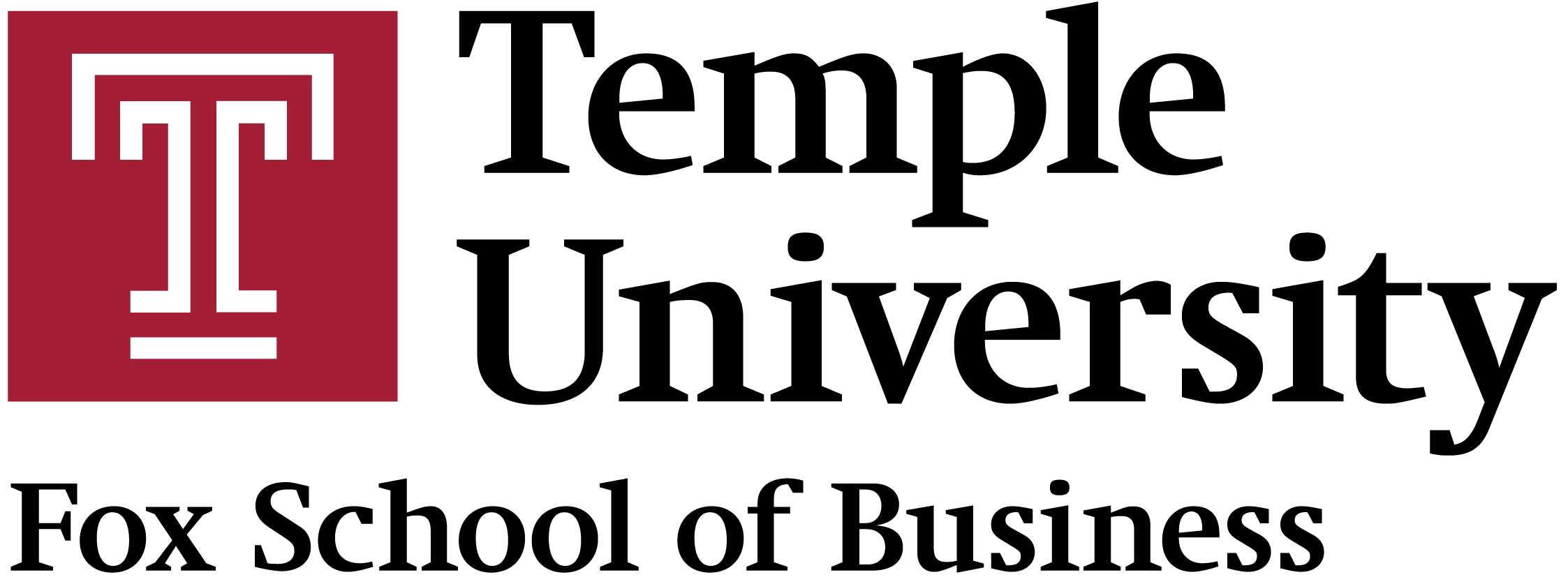Greener Intelligence? The Environmental Costs of AI and the Path to Sustainable Innovation
I attended “Greener Intelligence? The Environmental Costs of AI and the Path to Sustainable Innovation”, an event hosted by Temple University Libraries and the Office of Sustainability. As a Management Information Systems student, I wanted to better understand how technology decisions impact not just efficiency and progress but also the environment and society as a whole. The panel explored how artificial intelligence and data-driven technologies consume vast amounts of energy through model training, data centers, and cooling systems, and how researchers and organizations are beginning to address these challenges through “green AI.”
Larry Brandolph shared insights on how IT leaders can reduce the environmental footprint of computing through better infrastructure design and energy-conscious data practices. His perspective showed that sustainable technology relies not only on innovation but also on careful planning and governance to ensure that efficiency gains translate into real environmental benefits. Dr. Sudhir Kumar offered a scientific perspective, explaining how AI is fundamentally reshaping the way research is done. He described how advanced models can now fill gaps in genetic data and even reconstruct a person’s full DNA from a small sample, dramatically accelerating discovery in biology and medicine. Hearing how AI transforms science at such a fundamental level made me realize how the same analytical power that drives innovation in research also raises new ethical and environmental challenges. One concern was brought up regarding data ownership in genetics and how companies might use AI-derived DNA information, such as disease predictions, to maximize profit in ways that take advantage of consumers.
Dr. Brian Hutler brought in a political and ethical dimension, noting that policy decisions and market forces strongly influence the development of sustainable technology. His comments on deregulation and corporate influence reminded me that technology’s direction is decided by human choices and priorities. Professor Laura Bingham expanded on this by addressing global inequalities, especially in regions like Africa where digital transformation has led to resource exploitation and e-waste issues. Her remarks on how corporations frequently act first and set ethical limits later stood out to me as an important reminder of the power imbalance between tech companies and the communities affected by their operations. Her emphasis on justice and accountability gave me a broader sense of how sustainability extends beyond environmental protection to include social responsibility as well.
I found the event genuinely engaging, and it made me realize that the most impactful work in information systems comes from balancing innovation with ethical and environmental awareness.

